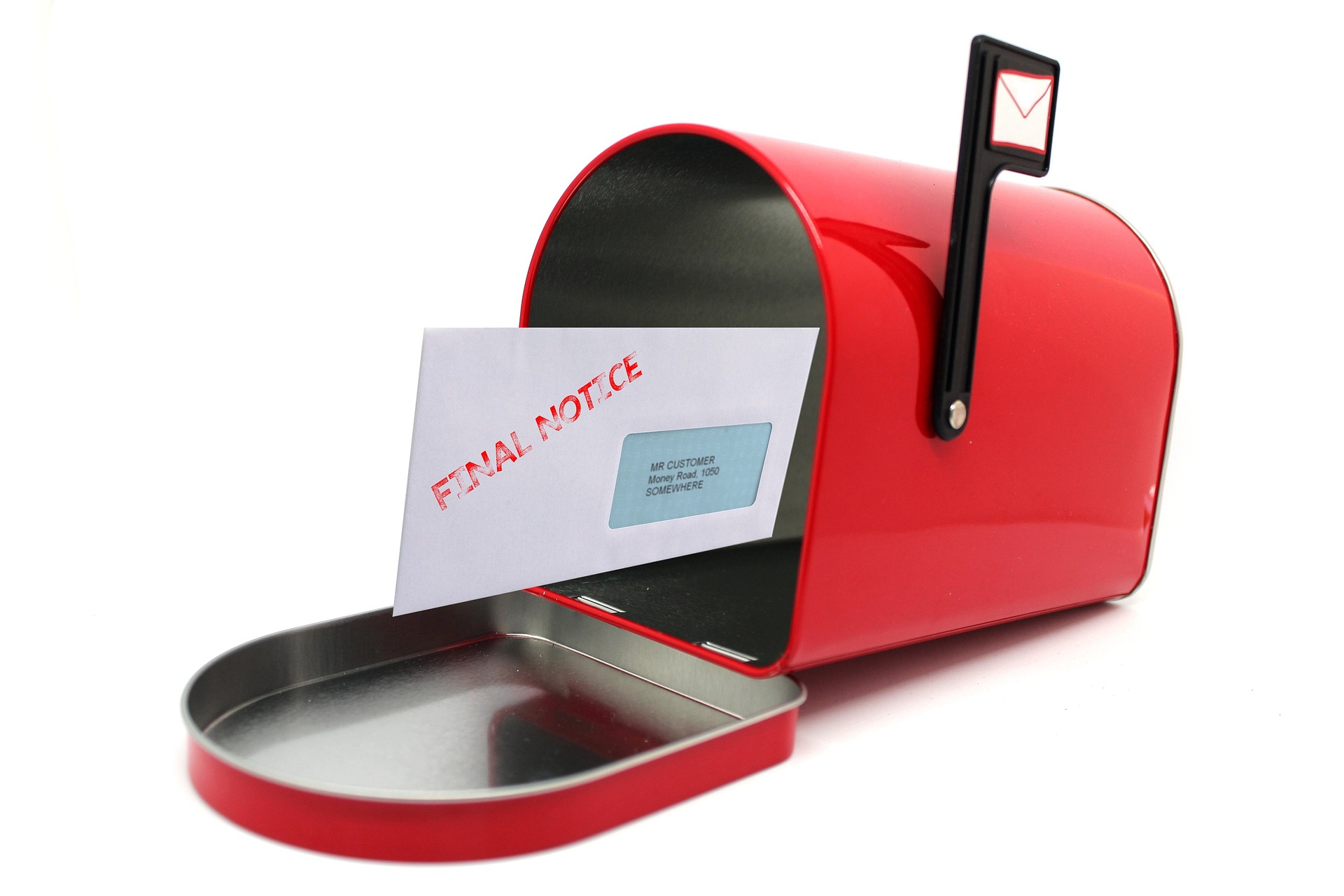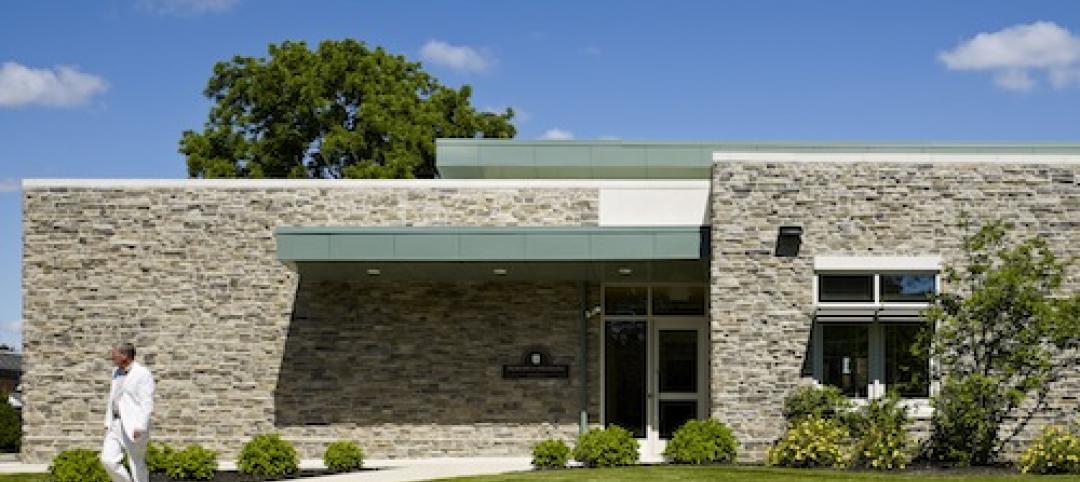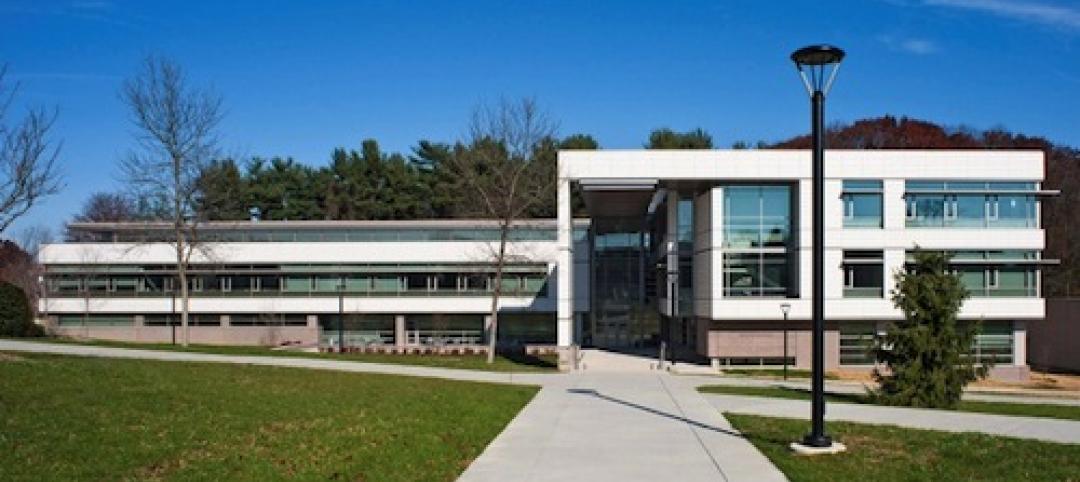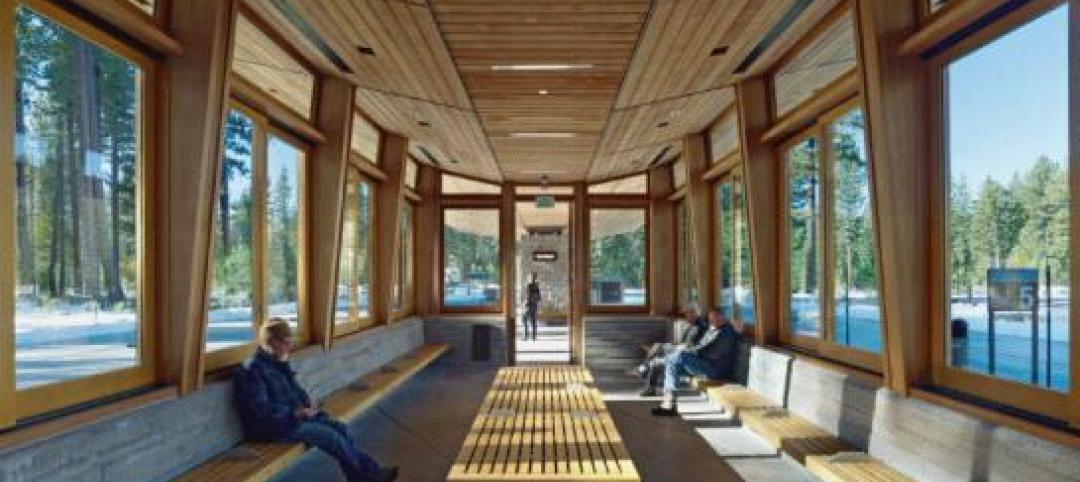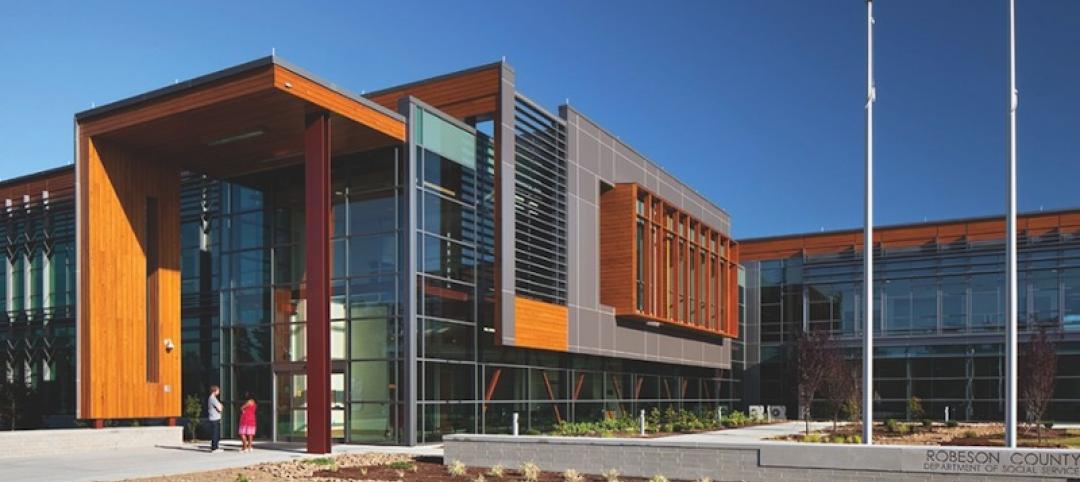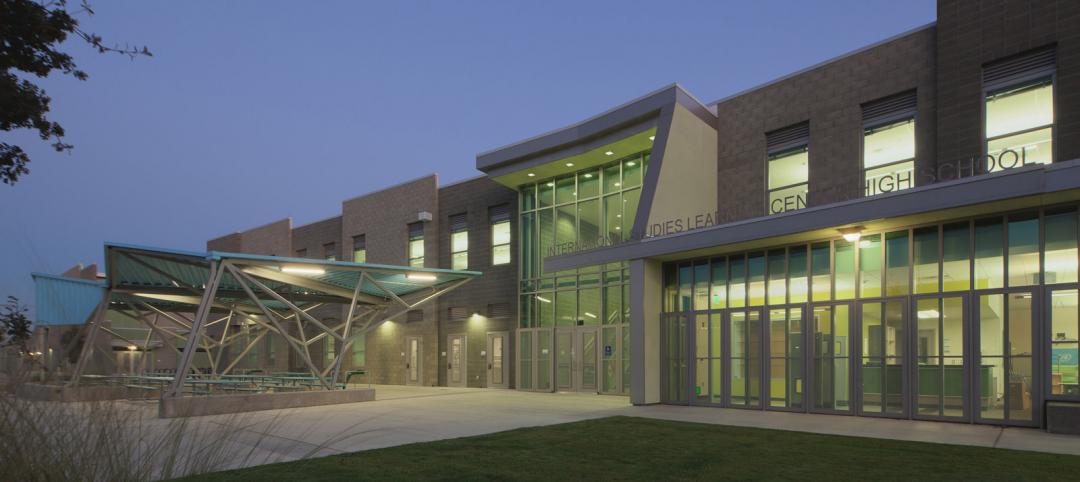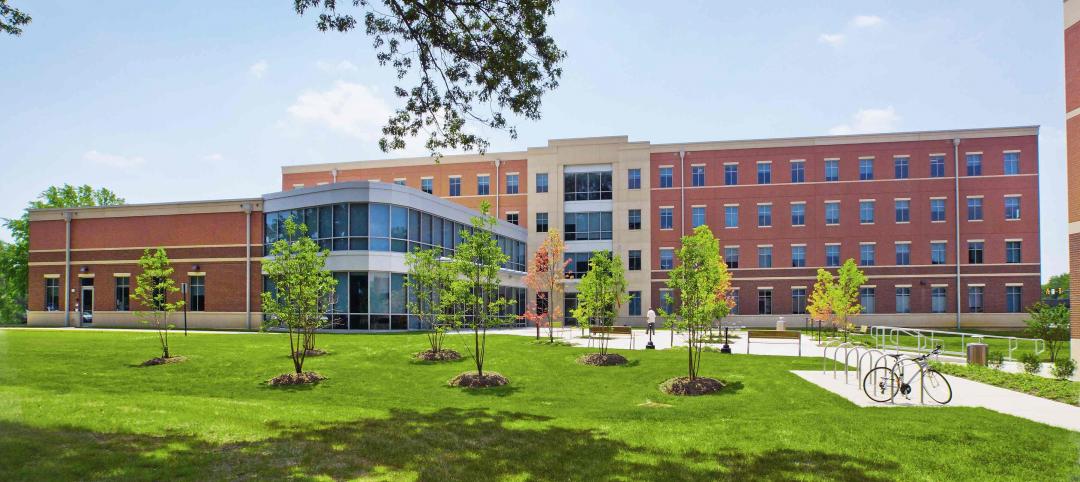The cost of floating payments for wages and invoices represents $208 billion in excess cost to the construction industry, a 53% increase from 2021, according to a survey by Rabbet, a provider of construction finance software.
Those costs are passed on to real estate developers and financiers in the form of project delays, added risk, and higher bids from contractors.
Other survey findings include:
- 37% of all respondents report that work has been delayed or stopped due to a delay in payments to crew members
- 62% of general contractors incurred billing charges, financing charges, or other costs when floating payments to others
- There was an 8.5x increase in general contractors using retirement savings to float payments for their business
Though a 53% increase in the cost of slow payments in one year is major, it’s on par when considering the current economic environment, according to a Rabbet news release.
Some contractors said they are boosting their bids 5-10% to help absorb associated costs and are “pickier when selecting bids because of increasing labor and supply prices.”
Related Stories
| Apr 12, 2013
Chicago rail conversion puts local twist on High Line strategy
Plans are moving forward to convert an unused, century-old Chicago rail artery to a 2.7 mile, 13 acre recreational facility and transit corridor.
| Apr 11, 2013
AIA selects recipients of its 2013 Small Project Awards
The American Institute of Architects (AIA) has selected the ten recipients of the 2013 Small Project Awards. The AIA Small Project Awards Program, now in its tenth year, was established to recognize small-project practitioners for the high quality of their work and to promote excellence in small-project design.


